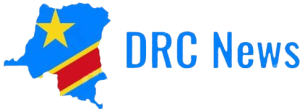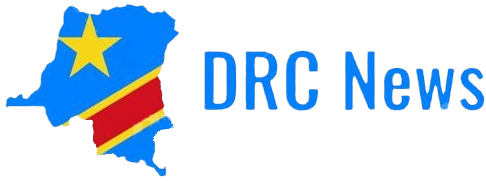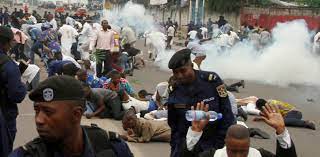A latest report by the Human Rights Watch has concluded that conditions of living in the Democratic Republic of Congo have deteriorated under the presidency of Felix Tshisekedi, the fifth president of Africa’s mineral rich country.
The report released a few days ago finds that the human rights and security situation in the Democratic Republic of Congo continued to deteriorate, particularly in eastern provinces.
“President Félix Tshisekedi’s administration made little progress on promised systemic reforms to break the cycles of violence, abuse, corruption, and impunity that have plagued the country for decades,” the report observes.
The reports states that President Tshisekedi who is seeking a second mandate in December 2023 has presided over a period of growing intolerance for dissenting voices, repression against journalists, activists, government critics, and peaceful protesters.
President Tshisekedi assumed office in 2018 after a controversial election that showed Martin Fayulu as winner but a bargained process with former President Joseph Kabila earned him the highest office despite finishing in distant second.
The population had a ray of hope that a change from PPRD leader Joseph Kabila and his party to UDPS’ Tshisekedi was a good moment for the country.
Yet there is growing frustration and resentment from citizens about how things have not changed but are now turning for the worst.
In eastern Congo, for instance, the military rule imposed a year earlier in North Kivu and Ituri has failed to curb widespread violence and atrocities by numerous armed groups against civilians.
The report states that armed groups and government forces killed more than 2,000 people between January and late October across both provinces in 2022.
“Resurgent M23 rebels, backed by Rwanda, launched their biggest offensive against state forces in a decade, seizing portions of territory in North Kivu, which worsened the dire humanitarian situation in the region,” the report explains.
In addition to the carnage arising from the war, nearly 5.6 million people were displaced across the country as of July, 2022.
The United Nations has documented that of those displaced, more than 1.6 million were from Ituri and more than 1.8 million were from North-Kivu provinces alone.
In August 2022 amid regional tensions, An East African military force started deploying in eastern Congo.
Growing frustrations from the people caused a crisis with the UN peacekeeping mission, MONUSCO, repeatedly accused of failing to protect civilians, triggering violence and the looting of several MONUSCO bases.
Find the full report on https://www.hrw.org/world-report/2023/country-chapters/democratic-republic-congo


